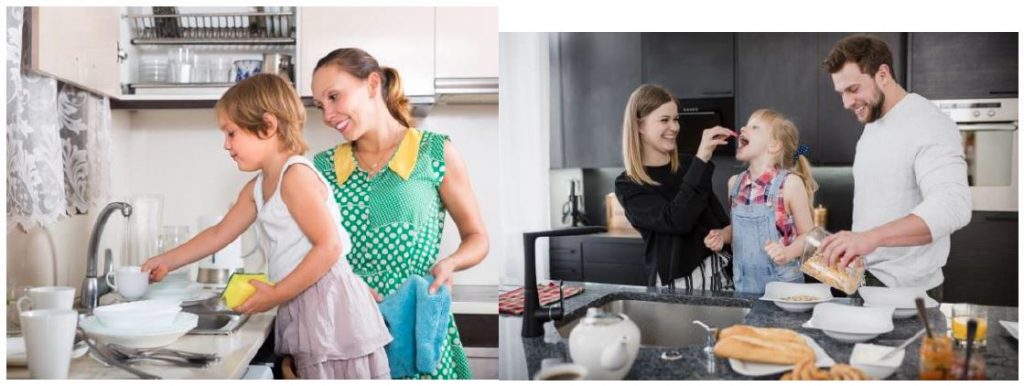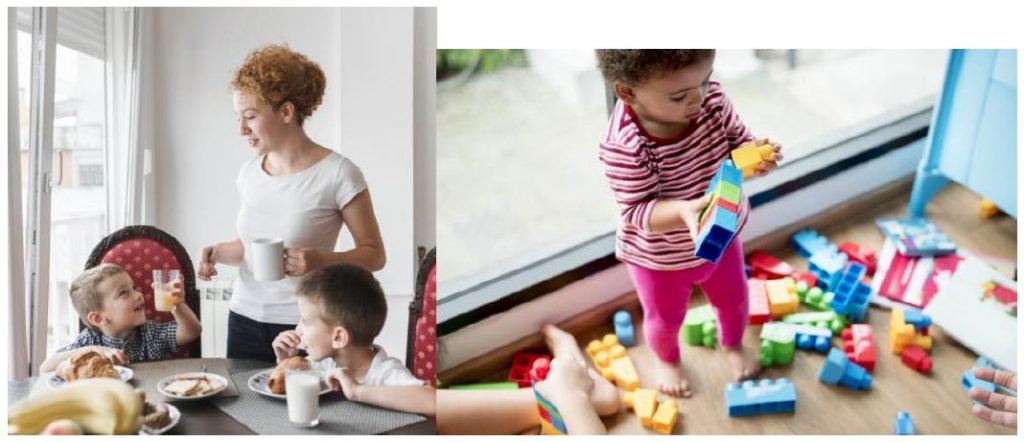Habits influence your life more than many people realize. When a person develops a habit, it happens automatically when the cue appears. Washing hands after a meal, putting things back after using them, or turning off the lights after leaving a room are all habits. But so are nail biting and stress eating! It’s not an exaggeration to say that almost half of the actions that an adult performs are habits.
Habits learned by kids will be practiced even when they grow into adults.
It’s important that they develop positive ones. Here are five tips that can help.
Keep things simple. Don’t try to instill complicated routines. Make a habit that’s as linear as possible. For example, a morning “get ready for the day” habit for your kid after waking up should simply go – wash, get dressed, then eat breakfast.

Be consistent. Whatever the routine that you want to develop in your kids, it’s crucial that the rules are firm and followed through. If you set the aforementioned morning routine for your kid, support it even if you find it inconvenient. Make sure breakfast is ready after he or she gets dressed or else you will be the one to break the routine and make it harder for your kid to acquire it as a habit.
Be realistic. Don’t set unrealistic expectations for the habit. Don’t decide that their morning habit should be finished in a ridiculously short time. There could be plenty of unforeseen accidents like spilt water or difficulty in finding their favorite shirts. If your kids don’t feel that a positive routine is achievable, it won’t be learned. Always prepare some leeway.

Have fun. Routines coming from parents can easily sound like orders – which is sure to ruffle stubborn kids and encourage mischievous ones to misbehave. Add some fun into the mix. Dressing up in cool clothes or eating a treat during breakfast can go a long way in finding joy for the habit.
Remember to reward. Habits stay because they are rewarded. In fact, old adult habits are automatically rewarded by the release of feel-good chemicals by the brain. On the other hand, kids’ habits don’t immediately have such support. It’s up to the parents and the teachers to reward positive habits. If they finish their morning routine early, we can give them extra playtime or simply offer them warm praise.
Good habits, whether they’re morning habits, study habits, or grooming habits, will help a kid to be successful in the future. We can start developing them while young at home and at school.
See how positive habits are trained at Cambridge. Sign up for for a free 3-day trial. Inquire here.
